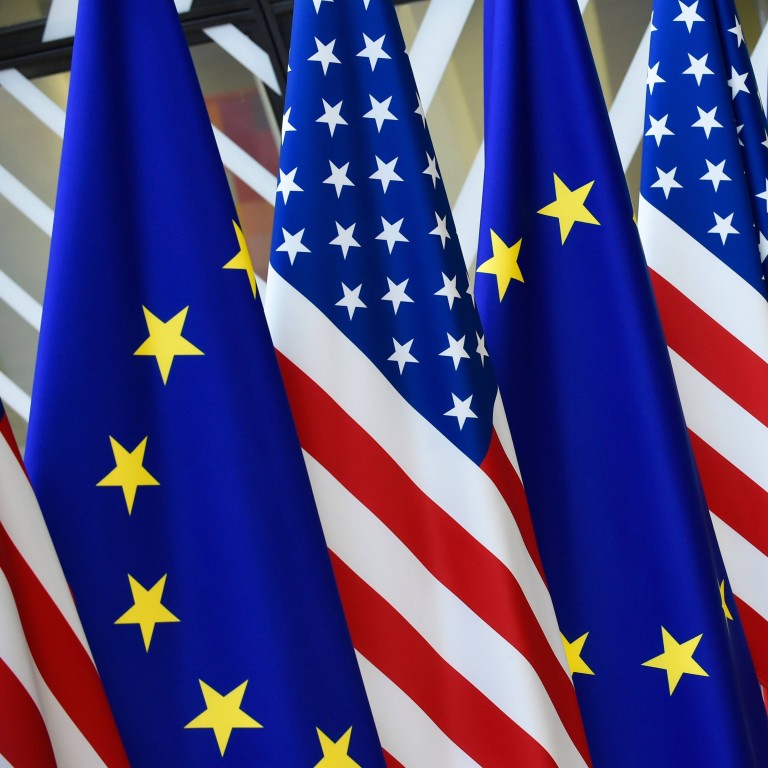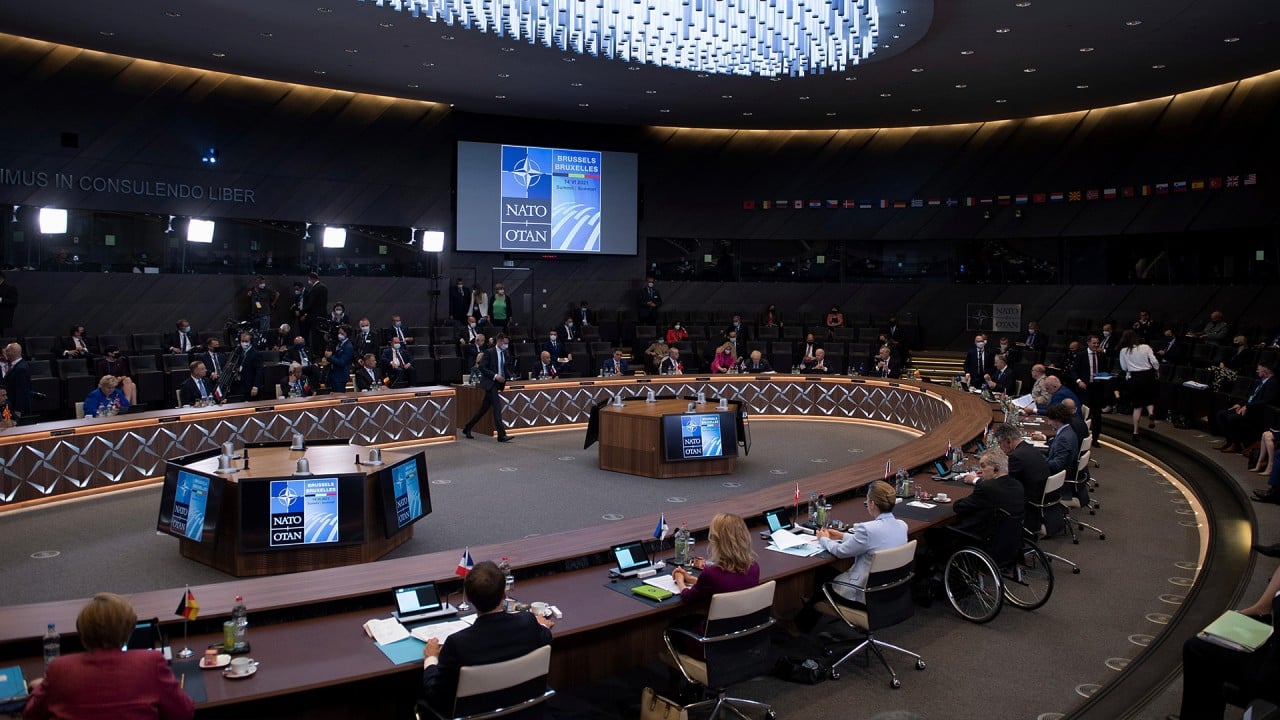
The bad news and good news for China in Biden’s trip to Europe
- The US president’s European tour was meant to forge a united front against Beijing on various issues
- But there are signs that there is room to manoeuvre, observers say
But observers said that one of the pluses for Beijing was that not all major EU countries were taking the same approach as Washington in managing ties with China.
Tang Xiaoyang, an international relations professor at Tsinghua University, said one of Biden’s missions on the trip was to unite European allies against China, which would increase pressure on Beijing.
“The US has already deemed China as its main competitor, and all of its engagements with other nations are related to China,” Tang said.
But Song Luzheng, an international relations researcher at Fudan University, said one big thing to note was the difference in tone between France, Germany and the US.
“What we can see is that France, Germany and Italy disagree with taking China as an enemy,” Song said.
French President Emmanuel Macron was particularly clear, saying the G7 was not hostile to China, and that Nato should not confuse its goals.
“It’s very important that we don’t scatter ourselves and that we don’t bias our relationship with China,” Macron said.
“It is much larger than just the military issue. It is economic. It is strategic. It is about values. It is technological. And we should avoid distracting Nato which already has many challenges.”
China ‘biggest geopolitical test’ for US, says Joe Biden’s East Asia nominee, Daniel Kritenbrink
In an interview with the French newspaper L’Opinion this week, Chinese ambassador to France Lu Shaye said politicising trade issues was regrettable, but China believed that EU nations and leaders would not be disturbed by “anti-China noises”.
Song said China would play up trade and economic ties with Germany and France to maintain relations with major EU players. For smaller nations such as Hungary and Greece, China could consolidate relations through vaccines.
“In short, winning over France and Germany is to win the support of the EU to balance the strength of the US. Rallying the support of eastern European countries in the EU like Hungary and Greece is to check and balance the bloc’s certain practices targeting China,” he said.
“For example, Hungary has repeatedly rejected the EU motion against China’s move on the Hong Kong issue.”
Other observers pointed out Biden’s engagement with Europe reflected the importance of making physical overseas trips.
China has overtaken the US in terms of presidential visits to other countries, according to Australia’s Lowy Institute. Chinese President Xi Jinping has on average made 14.3 overseas trips each year since taking office in 2013, compared with 13.9 for former US president Barack Obama and 12.3 for his successor Donald Trump.
Xi has suspended such trips since the start of Covid-19 pandemic, and his engagement with overseas leaders has been mostly online. But Biden’s trip is a sign that pressing the flesh in person could be considered, according to Wang Huiyao, president of the Beijing-based Centre for China and Globalisation.
“There are still many summits this year, such as the BRICS summit, and the G20 meeting. Since the G7 has started a model for physical meeting, I believe these other summits might also be held through non-online means,” Wang said.



